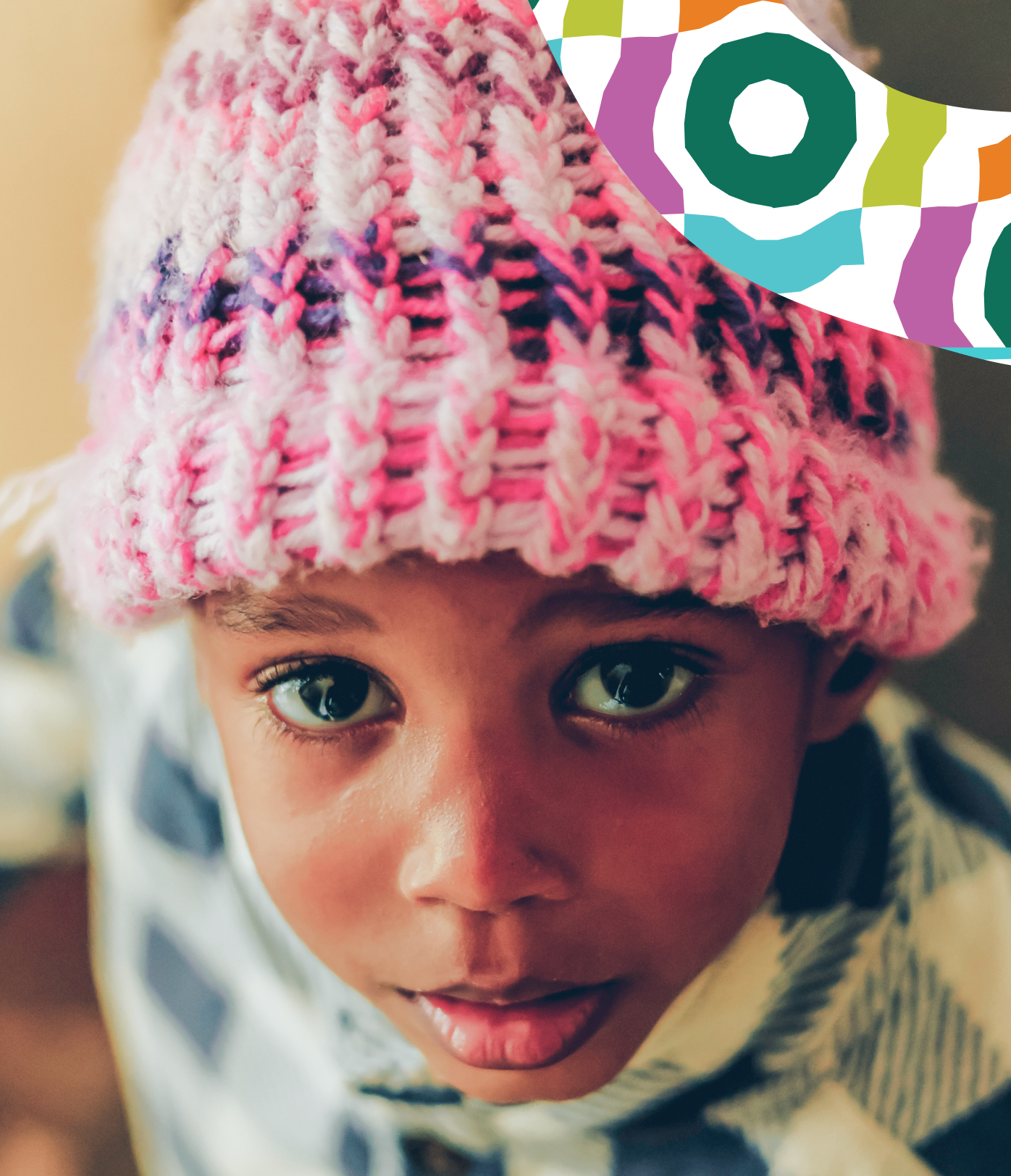
Community Partner
Ushirika wa Neema
Ushirika wa Neema is an orphanage nestled in the beautiful foothills of Kilimanjaro in Tanzania. It provides a nurturing environment for 49 children ranging from newborns to high school students. While there are many orphanages in Tanzania, what sets Ushirika wa Neema apart is the community and leadership’s success in creating a nearly self-sustainable organization. This has been achieved through local donations, proceeds from a Christian bookstore in downtown Moshi, and the rental of unoccupied staff and volunteer housing.

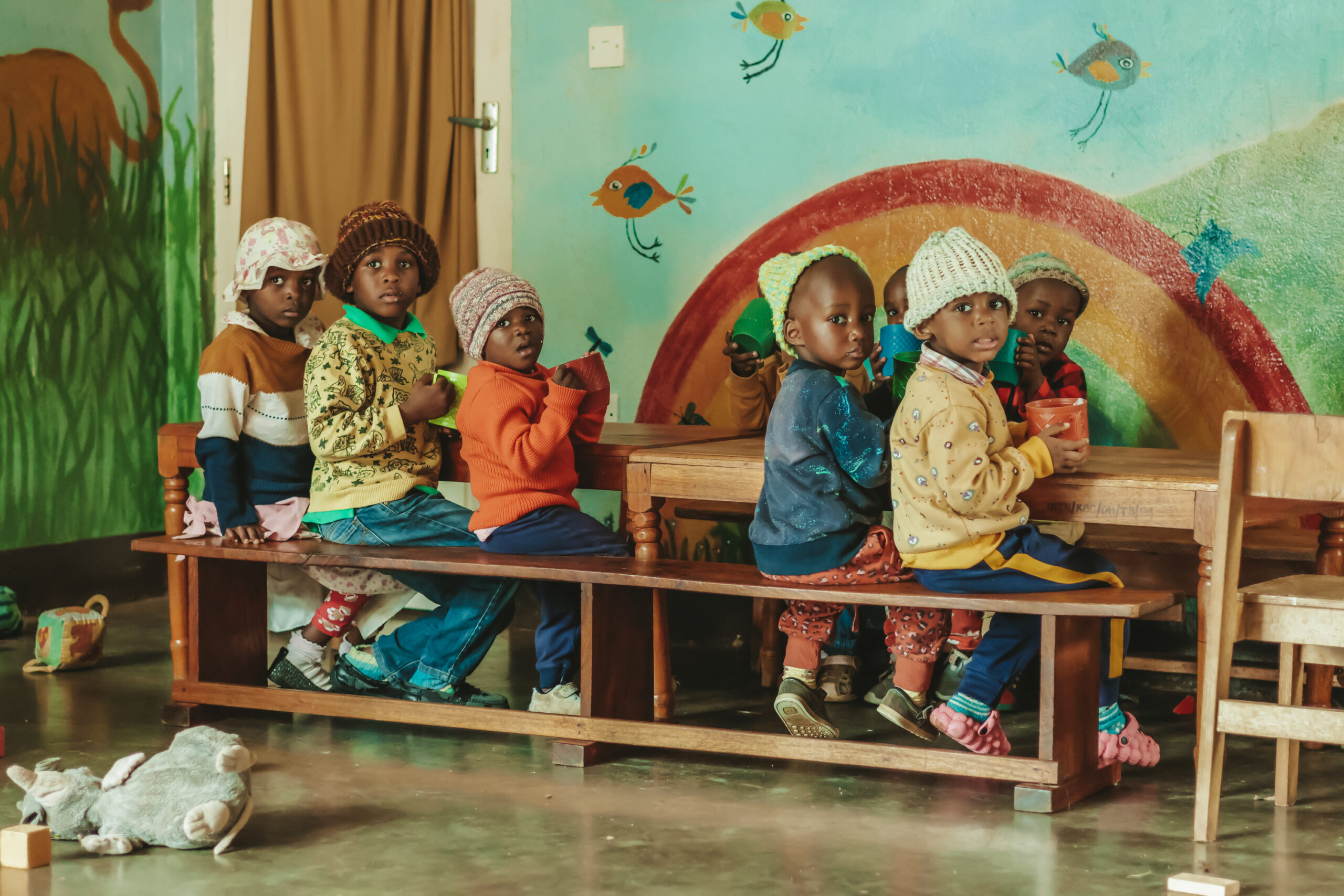
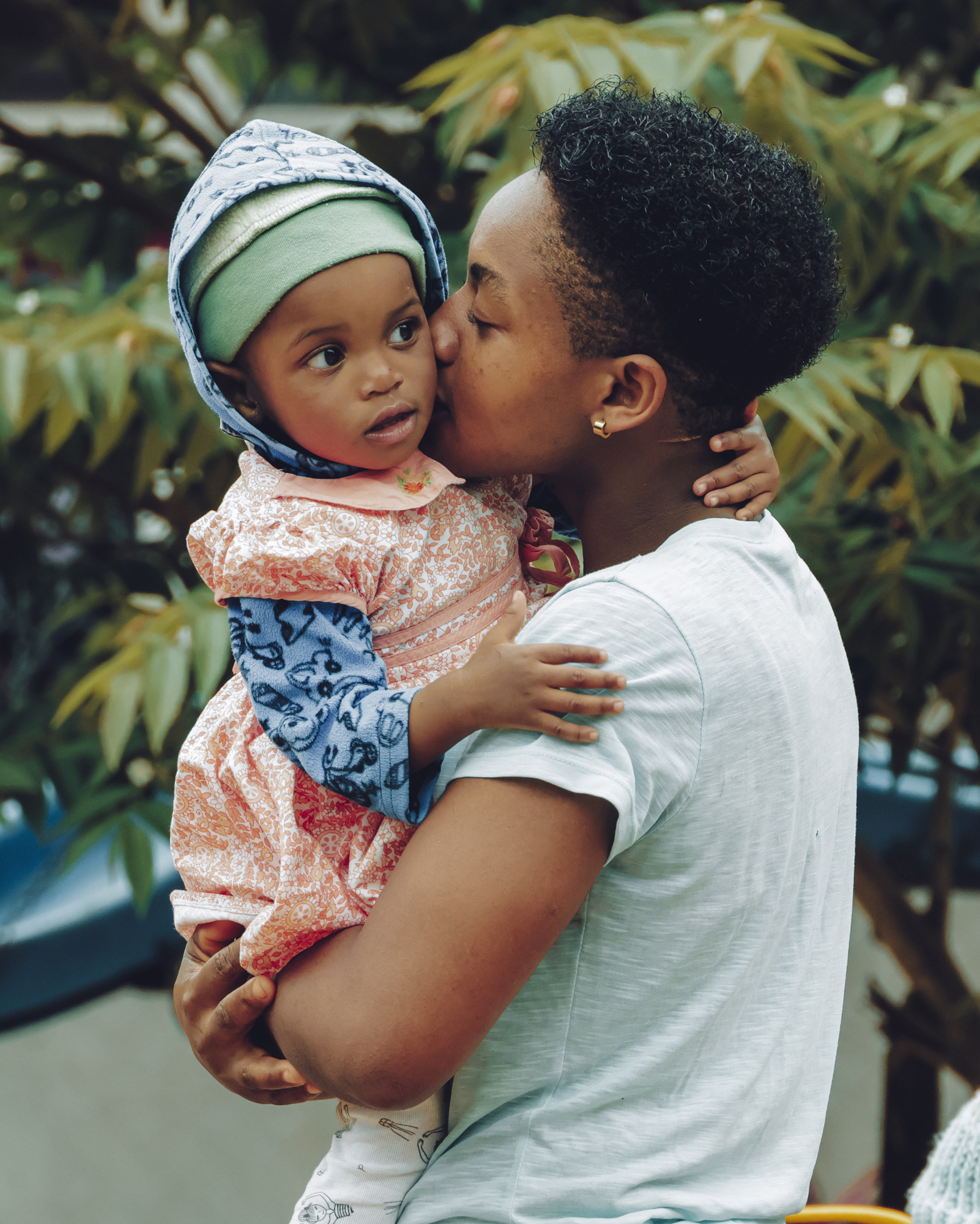
How We
Work Together
This partnership aims to establish a fully self-sustaining orphanage with multiple income-generating projects that will support both the orphanage and its outreach programs, ultimately leading to orphan prevention. This is a two-pronged approach:
Made In Moshi Store: Over the course of nine months, we collaborated with the leadership to develop a business plan targeting the tourism sector surrounding the Kilimanjaro region. The Made In Moshi retail shop is the first of its kind, offering custom-made clothing in local “kitenge” styles, paired with a shopping experience designed to appeal to tourists. We have completed the first phase of this project, including a full renovation of the property and a soft opening to the local community. Phase 2 has been funded, and we will soon begin adding inventory, custom-made items, signage, Wi-Fi, and a beautiful courtyard. Additionally, we will open a café and coffee shop on the premises. What began as a simple retail store concept has evolved under the vision of Sister Lilian, who has incorporated rental space for other tailors and a large area that can serve as a vocational training center in the future. This venture will not only enhance the quality of care for the children at the orphanage but will also become a beacon for the community and tourists, showcasing the heart of the Tanzanian people through their experiences at the Made In Moshi Storefront. We anticipate operating at full capacity by the end of summer 2025. If you are planning a trip to Tanzania, make sure to visit us!
Addressing (Immediate) Operational Needs: While the Ushirika wa Neema team is diligently working to make Made in Moshi a success, Northbound is meanwhile addressing the operational budget deficits. We have secured funding for the staffing needs for 2024, enabling the orphanage to hire a social worker, seven nannies, cleaning staff, a guard and a driver. We have connected them with another orphanage partner in Arusha, Neema Village, to receive assistance in curriculum development, staffing and best practices as they strive to make Ushirika wa Neema the best home for the children in its care. More about opportunities to get involved will emerge as we develop with them a strategic plan. Those will include short-term and long-term volunteer opportunities, securing funding for playground rehabilitation and laundry equipment, and working on access to electricity, clean water, and more.
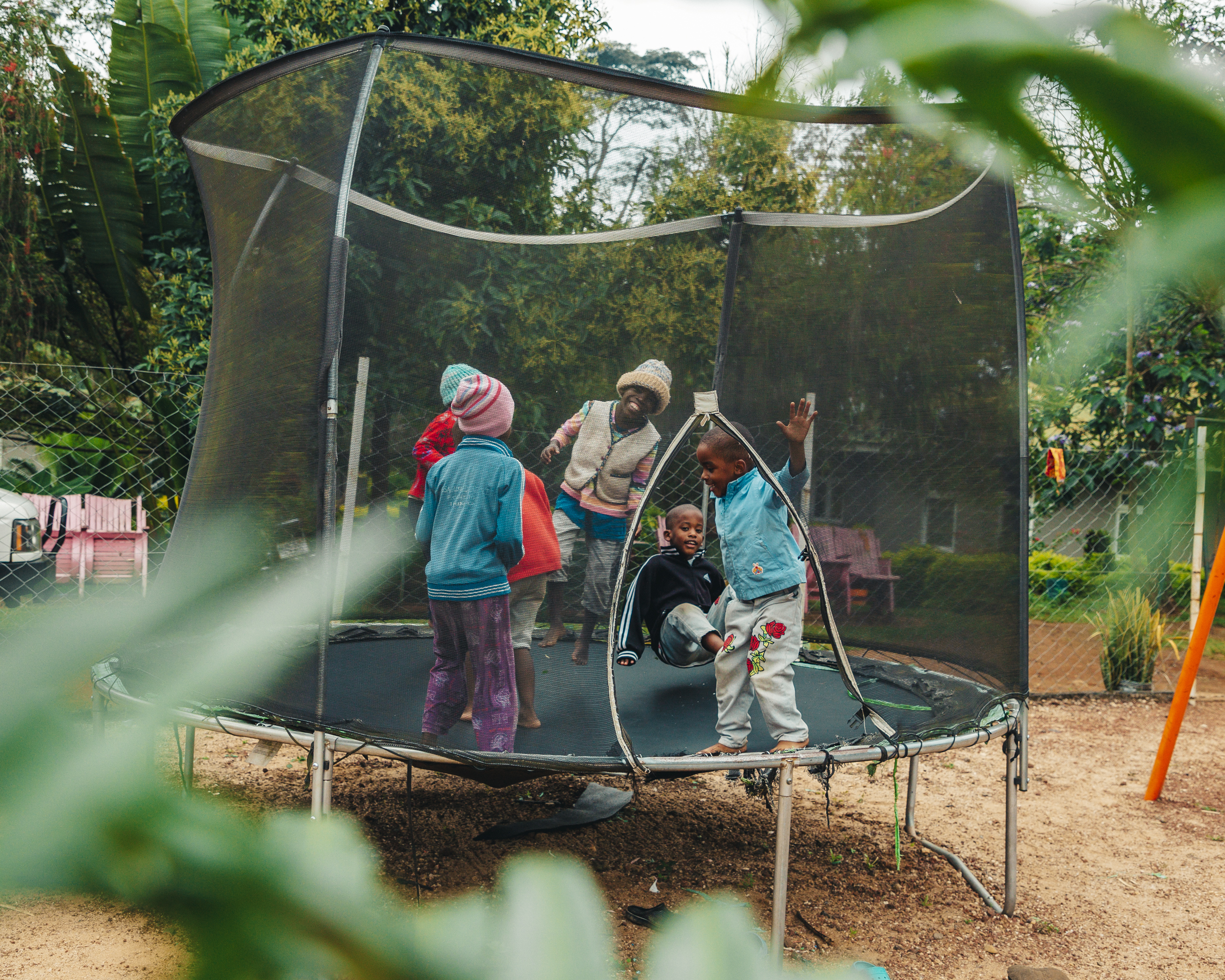
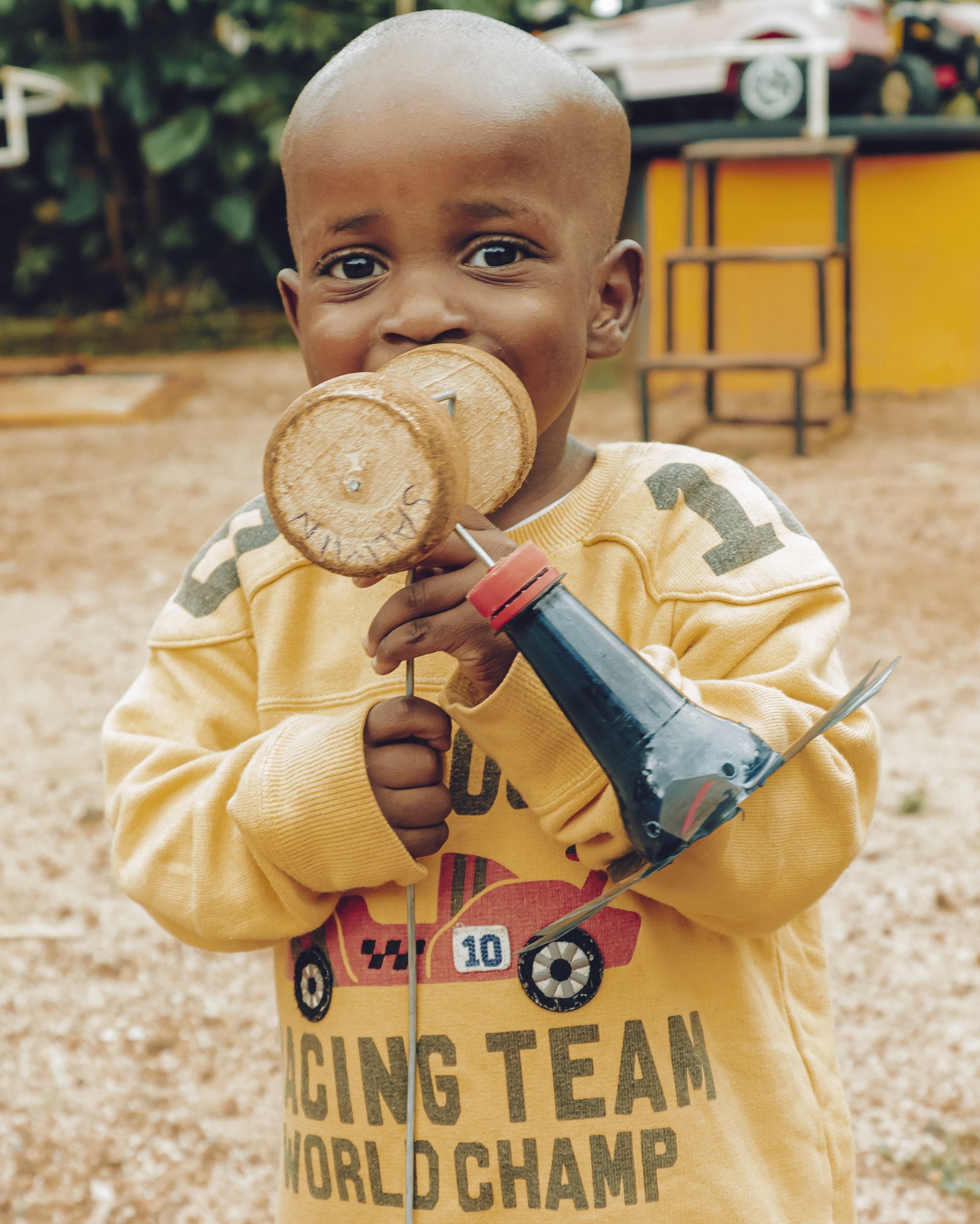
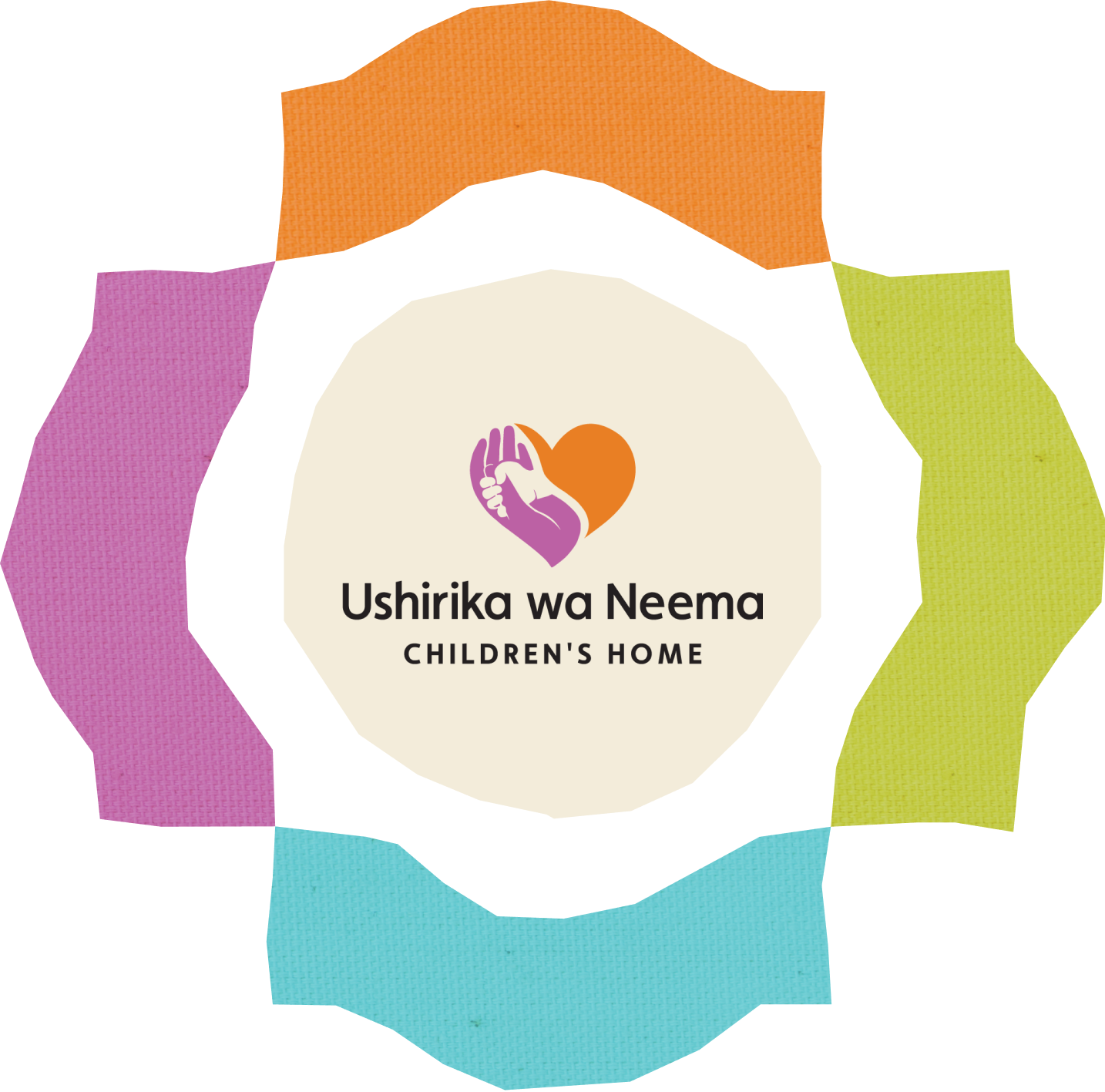
Impact of
Our Collaboration
Childhood Development:
The collaboration supports the comprehensive development of children at Ushirika wa Neema by providing a safe and nurturing environment where they can thrive. Access to quality education, healthcare, and social services is prioritized, ensuring that each child receives the support they need to reach their full potential. The involvement of trained professionals, such as social workers and educators, further enhances the children’s well-being and prepares them for future success.
Business Development:
Through the Made In Moshi Store, we are fostering local entrepreneurship and creating sustainable income streams for the orphanage. This initiative not only generates revenue but also serves as a model for other community-based businesses. The store’s success will create employment opportunities, promote local artisans, and attract tourism, contributing to the economic growth of the region.
Sustainability & Capacity Building:
Our efforts to develop multiple income-generating projects are crucial for the long-term sustainability of the orphanage. By building the organization’s capacity to manage these projects, we are empowering the local leadership to advance the orphanage’s future. This includes training in business management, financial planning, and operational efficiency, ensuring that the orphanage can continue to thrive independently.